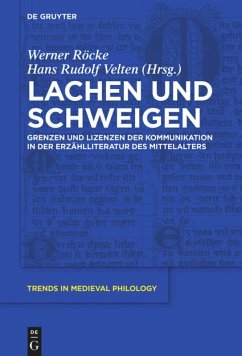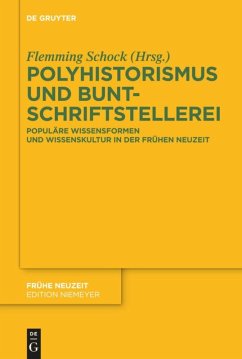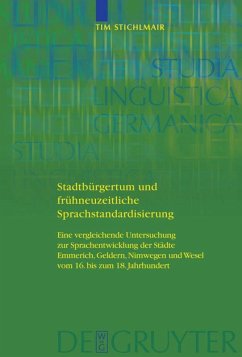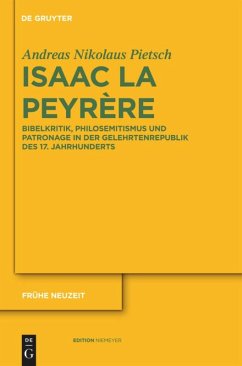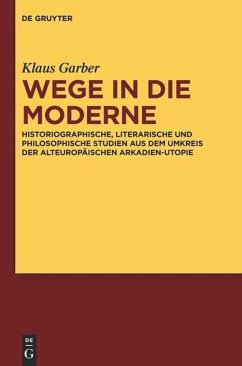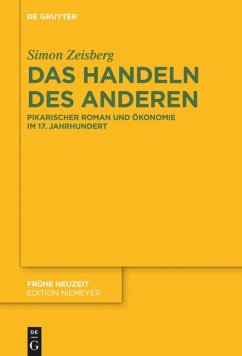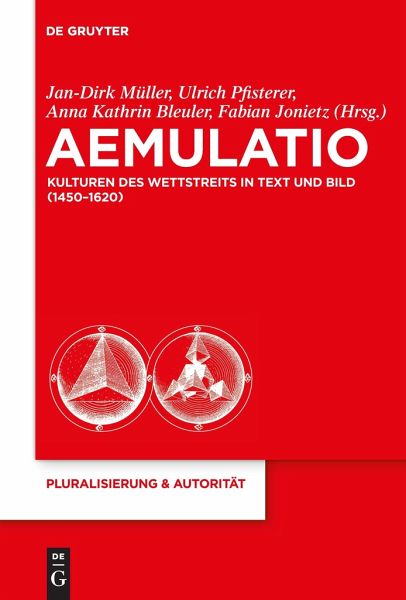
Aemulatio
Kulturen des Wettstreits in Text und Bild (1450-1620)
Herausgegeben: Müller, Jan-Dirk; Pfisterer, Ulrich; Bleuler, Anna Kathrin; Jonietz, Fabian
Versandkostenfrei!
Versandfertig in 6-10 Tagen
250,00 €
inkl. MwSt.

PAYBACK Punkte
0 °P sammeln!
The articles in this anthology examine cultures of competition in visual-art and literary depictions and in socio-cultural practices in the period from 1450 to 1620. The main focus is on aspects that transcend the humanistic â??core areaâ?? of Latin text production and the paragon discussions in the visual arts. By taking this perspective, it is possible to give an account of the central function occupied by the processes of emulating, of surpassing and of overcoming cultural models for the differentiation of humanistic and vernacular cultures in the Early Modern Age.
In den Beiträgen des Sammelbands werden Kulturen des Wettstreitens in bildkünstlerischen und literarischen Darstellungen sowie in sozio-kulturellen Praktiken in der Zeit von 1450 bis 1620 untersucht. Im Zentrum stehen Aspekte, die über den humanistischen 'Kernbereich' lateinischer Textproduktion und über die Paragone-Diskussion in den Bildkünsten hinausgehen. Untersucht werden aemulative Verfahren, die abseits expliziter Ordnungsprogramme das Eigengewicht und die Überlegenheit des jeweiligen Gegenstands in Auseinandersetzung mit den Alten (deutsches, lateinisches und griechisches Altertum) und den Zeitgenossen (europäischer Renaissance-Humanismus) zu profilieren suchen. Aus dieser Perspektive gelingt es, bislang unterforschte Konzepte von Fortschritt und Formen des Neuen, von Tradition und Innovation und von differierenden Möglichkeiten dieser Prozesse in unterschiedlichen Kontexten zu ermitteln und ihre zentrale Funktion für die Ausdifferenzierung humanistischer und vernakularer Kulturen in der Frühen Neuzeit aufzuzeigen. Die 'Kulturen des Wettstreits' erweisen sich als partielle Epochensignatur im Spannungsfeld von Pluralisierung und Autorität in der Frühen Neuzeit.



